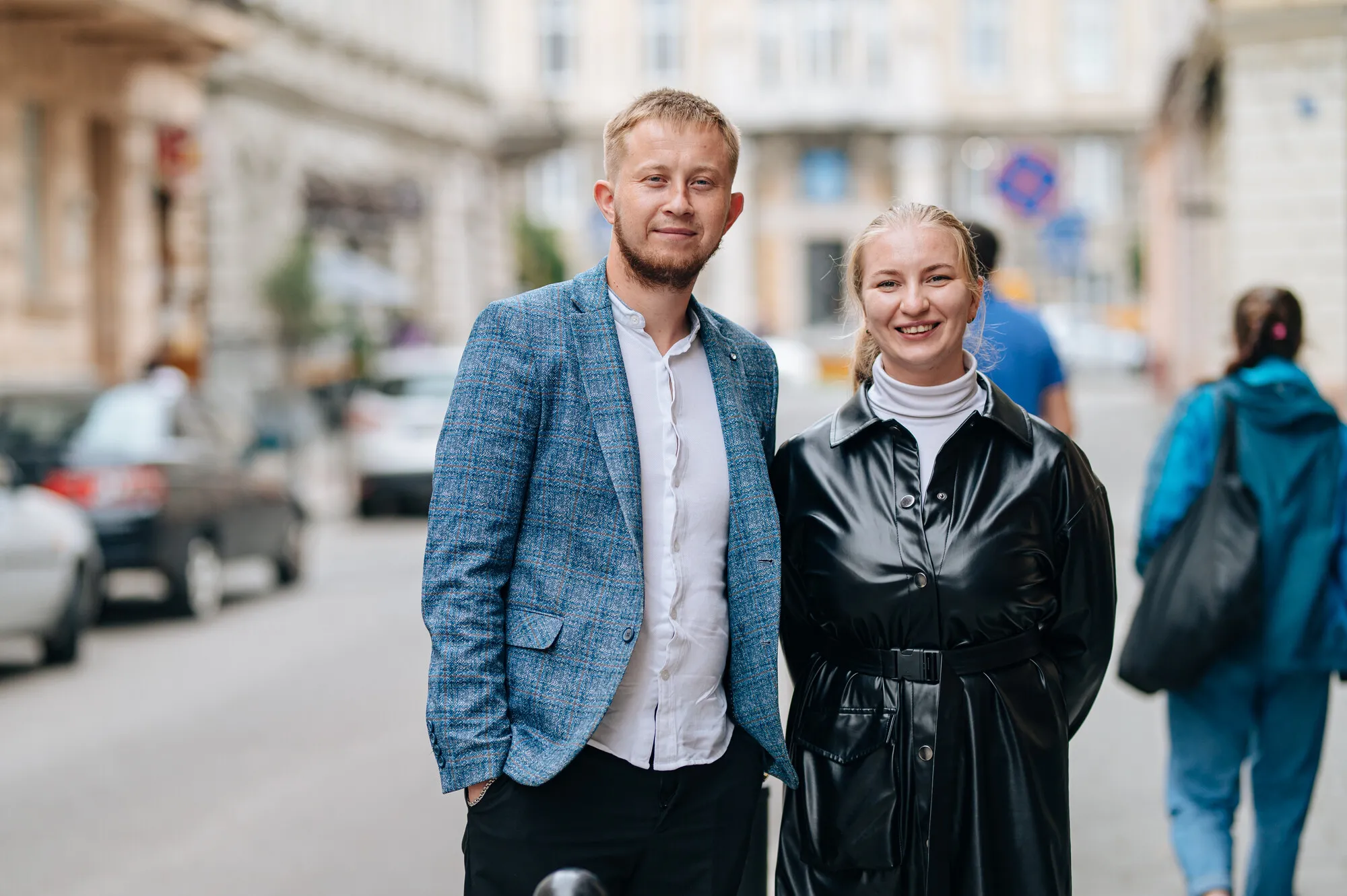Maria works as a project manager for an NGO in Lviv, Ukraine, a city roughly 40 miles from the Polish border. But she also takes part in a student-led initiative to deliver boxes of humanitarian aid to people in the areas of Ukraine more heavily hit by fighting.
Together with 14 other drivers, the students risk their lives to deliver food, clean drinking water, medicine, hygiene products, and other daily necessities to people in need.
“We plan so that we never have an empty car,” explains Bohdan, 25, a law student in Lviv who is also part of the initiative. On their way to the areas with active fighting, the students bring boxes of necessities, and on their way back, they bring families, pets, and important documents that people left behind when they were forced to flee in a hurry.
View this post on Instagram
Driving into danger
Six months ago, when the war first escalated, the student-led initiative needed three days to organize themselves. But then on February 27, the first drivers got behind the wheel and drove to Kyiv to evacuate the first two families. They now drive to towns in Kharkiv, Kherson, Donetsk, Dnipropetrosvsk, Mykolaiv and Odesa – areas that are heavily affected and very dangerous.
Because of the war, it is more difficult for men to leave Ukraine, but as a woman, Maria is allowed to cross the border to Poland, where she collects humanitarian aid and brings it back to Lviv. There, Bohdan divides it up into boxes and brings the boxes to people who are completely cut off from supplies.
“We learn from each trip. First, we didn’t even bring a spare tire.”
“We didn’t have any experience with this,” explains Bohdan. “Now we are better prepared.”
In the beginning, Bohdan also didn’t wear a bulletproof vest, because he found them heavy and uncomfortable. Where they usually study law and history, sit for hours in libraries and worry about the next exam, they now plan trips to some of the most dangerous places in a country in conflict.
On one trip from Lviv to Kyiv, the students had one car completely destroyed. To avoid a detour, they had taken a more dangerous route. The drivers survived — barely.
“We have very thorough and in-depth lists and plans now. We want to save as much time and be as precise as possible,” explains Maria. One wrong step, and the drivers face life-threatening risks.
“An hour matters. I arrived in Mykolaiv at 8:00 a.m. and left half an hour later. At 9:30 a bomb went off at the exact same location I was at,” Bohdan remembers.




